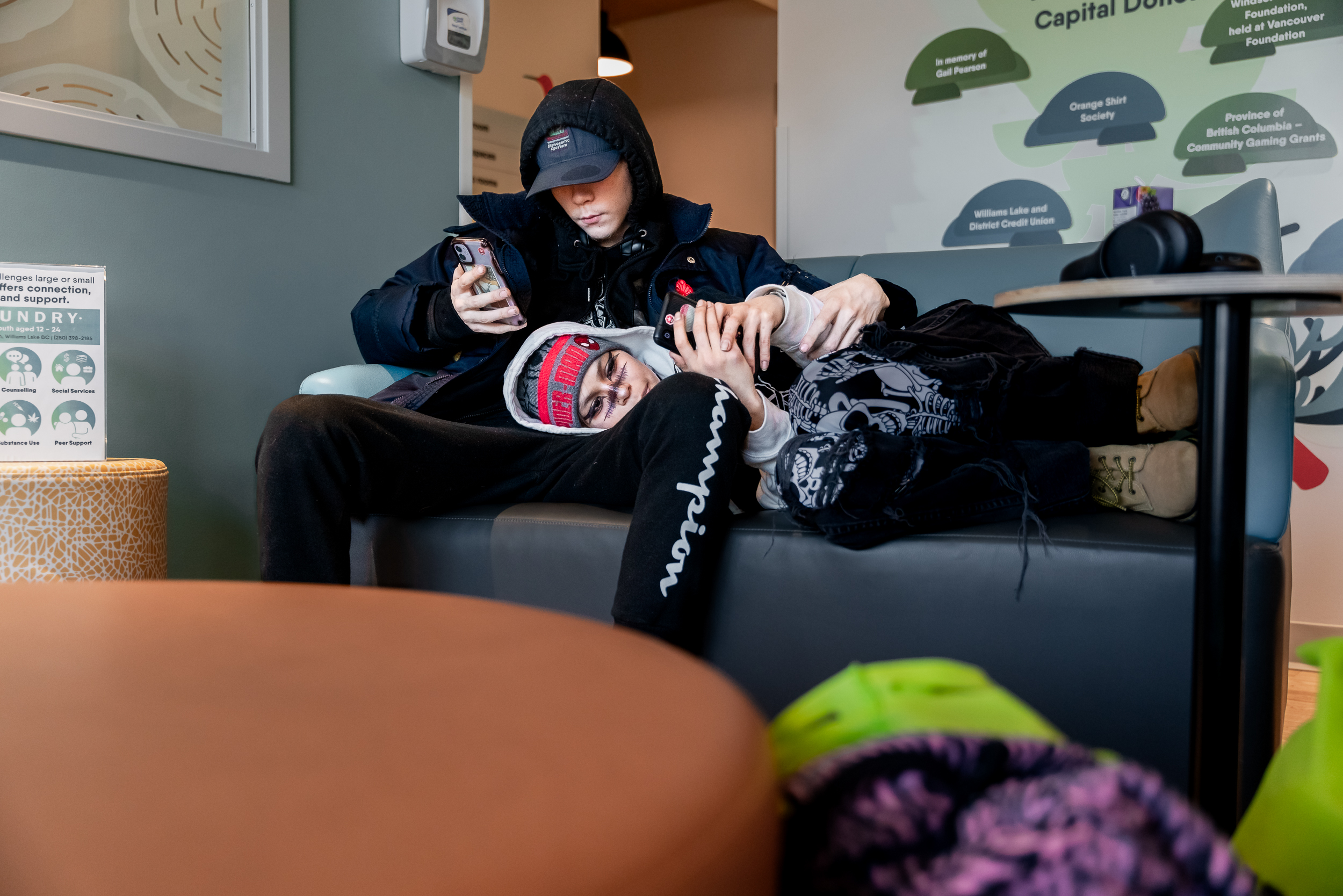Tip
You can quickly leave this website by clicking the EXIT SITE NOW button or pressing the escape key twice.
Violence and Abuse

Violence and abuse can happen to anyone. There are different types of violence and abuse that people might experience in their relationships – including dating violence, sexual assault, and child/youth abuse. This section can help you recognize the signs of violence and abuse and take steps to help protect yourself and feel safer. You can also learn who to talk to for support, or how to support someone who has experienced violence and abuse.
Child & Youth Abuse
5 mins
What it is
Child or youth abuse happens when an adult you trust does something to harm you, or fails to protect you from harm. The trusted adult could be a parent, caregiver or someone like an older family member, friend’s parent, coach or teacher. Child/youth abuse can take many forms, and can happen to someone of any gender. Abuse of children and youth can include:
Want to explore and learn more? Here are some options for you.

Tips to Help if You are a Victim of Violence or Abuse

Apps & Tools

